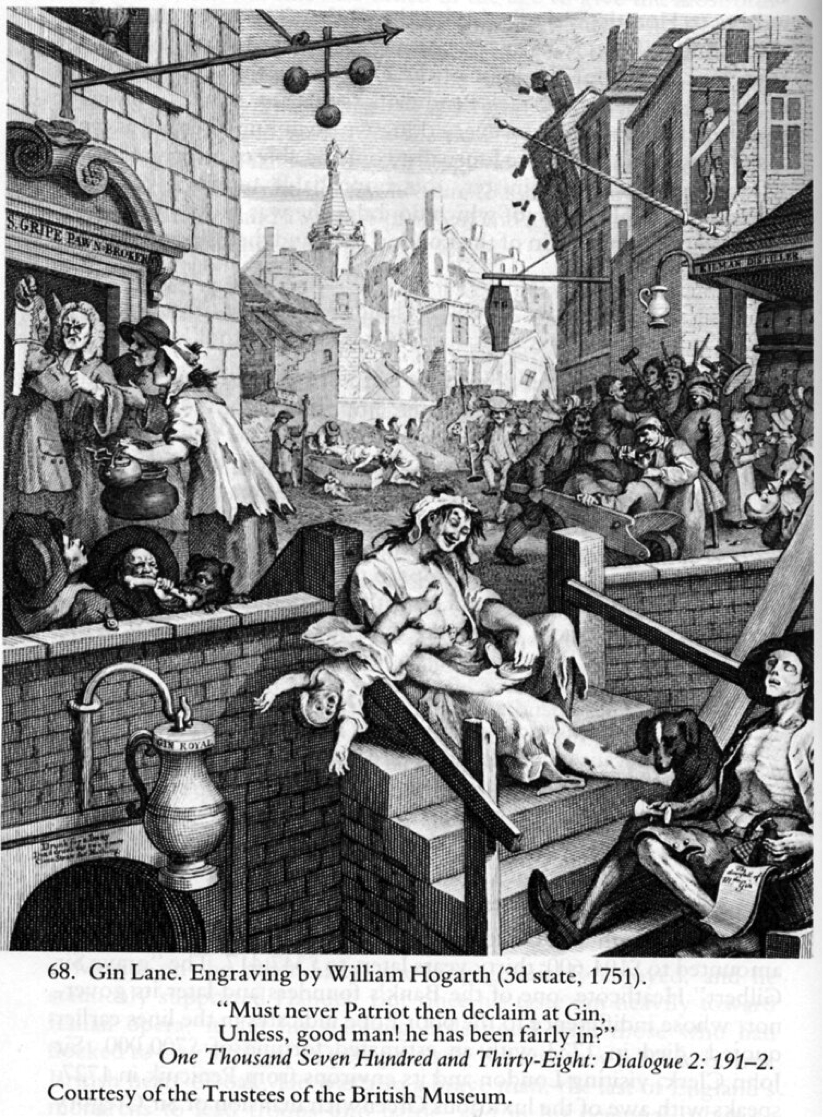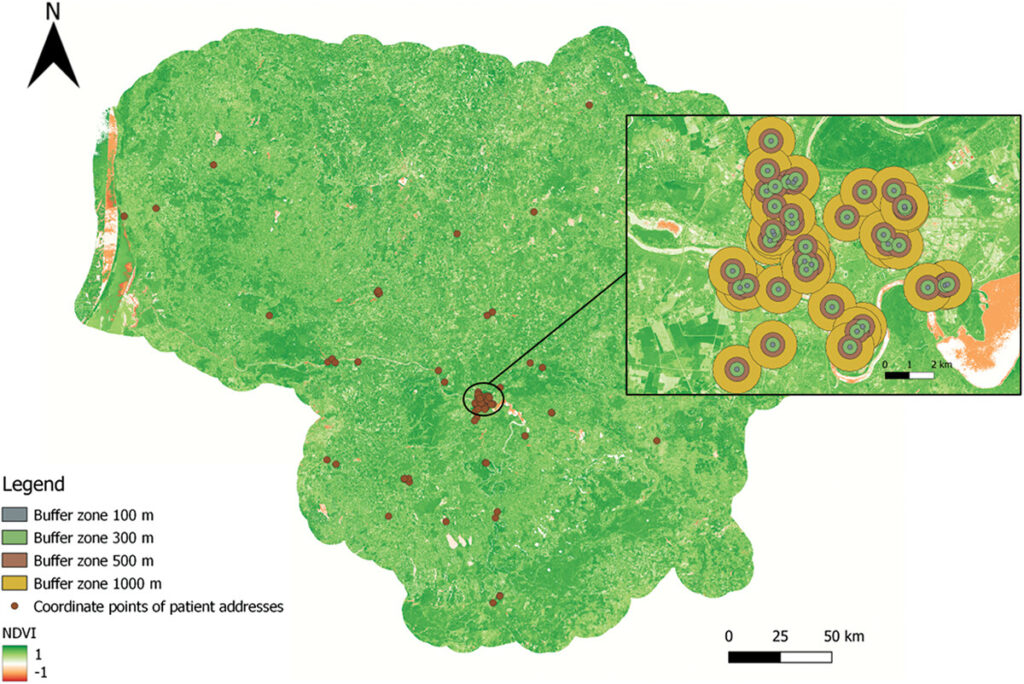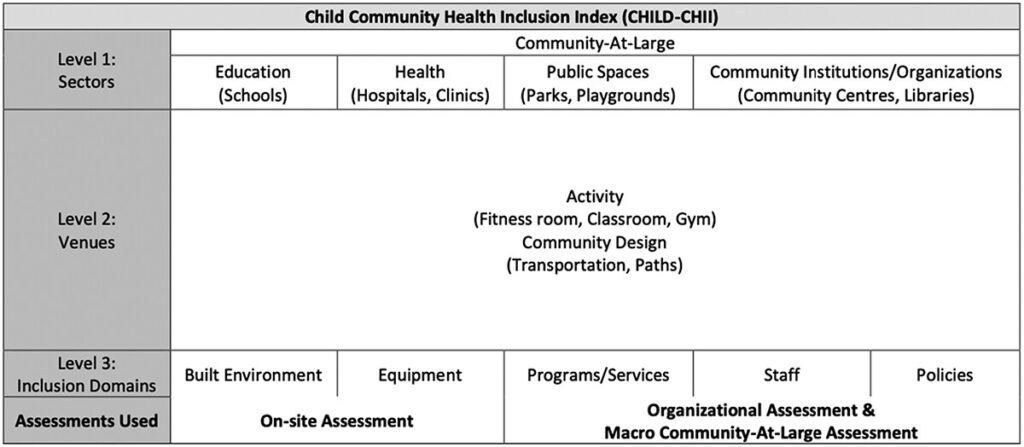City Know-hows

Target audience
City licensing and alcohol officers and committee members
The problem
In England, Local Public Health teams are now able to table objections to the granting of new licence applications for the sale of alcohol. For an objection to be valid however, it must be based on one or more licensing objectives which in England does not include health. This can effectively render any health-related evidence to be inadmissible and bring into question the legitimacy of public health input.
What we did and why
We examined the prospects for incorporating health related evidence into the alcohol license decision making process in a purposive sample of seven English local authorities. We wanted to establish if firstly it might be feasible to include health information under the existing licensing objectives or if there was a case that could be made for a separate new fifth objective around health and the advantages that might bring.
Our study’s contribution
Constraints in using health information in alcohol licence decision-making are not restricted to the presence or absence of a dedicated Health as an Alcohol Licensing Objective (HALO) policy.
While such an policy might enhance the legitimacy of public health input, improved access to localised health information, stronger collaborative working with other stakeholders and training in how to contextualise evidence for local council committees will all be critical to improving local alcohol harm reduction through licensing.
Impacts for city policy and practice
The capacity to impose restraints on the availability of alcoholic beverages represents a key strategy in reducing alcohol harms and improving city well-being. We would stress that raising awareness of the wider health harms of alcohol in addition to its acute impacts such as crime and disorder, can improve the prospects for controlling availability. Though, the evidence needs to be contextualised and accessible for local licensing committees.
Further information
Findings from the pilot of the analytical support package for alcohol licensing; Executive summary
Alcohol licensing in England and Wales: is it fit for purpose? AHA_Licensing_leaflet v5
Full research article:
Assessing the feasibility of using place-based health information in alcohol licensing: case studies from seven local authorities in England by John D Mooney, Zeibeda Sattar, Frank deVocht & Jonathan Ling.
Related posts

Urban planners, economists, health and community policymakers and practitioners share insights in a new study on creating healthy food environments using urban planning policy and governance levers.

Urban greenness affects people’s physical and mental health. Residential greenness is associated with reductions in cortisol levels after six months in patients with chronic heart failure undergoing rehabilitation.

We must take a careful look into the structures, policies, and programs that may be barriers to inclusion of children with disabilities in the community. Assess to intervene and create cities that are inclusive of and healthy for all!